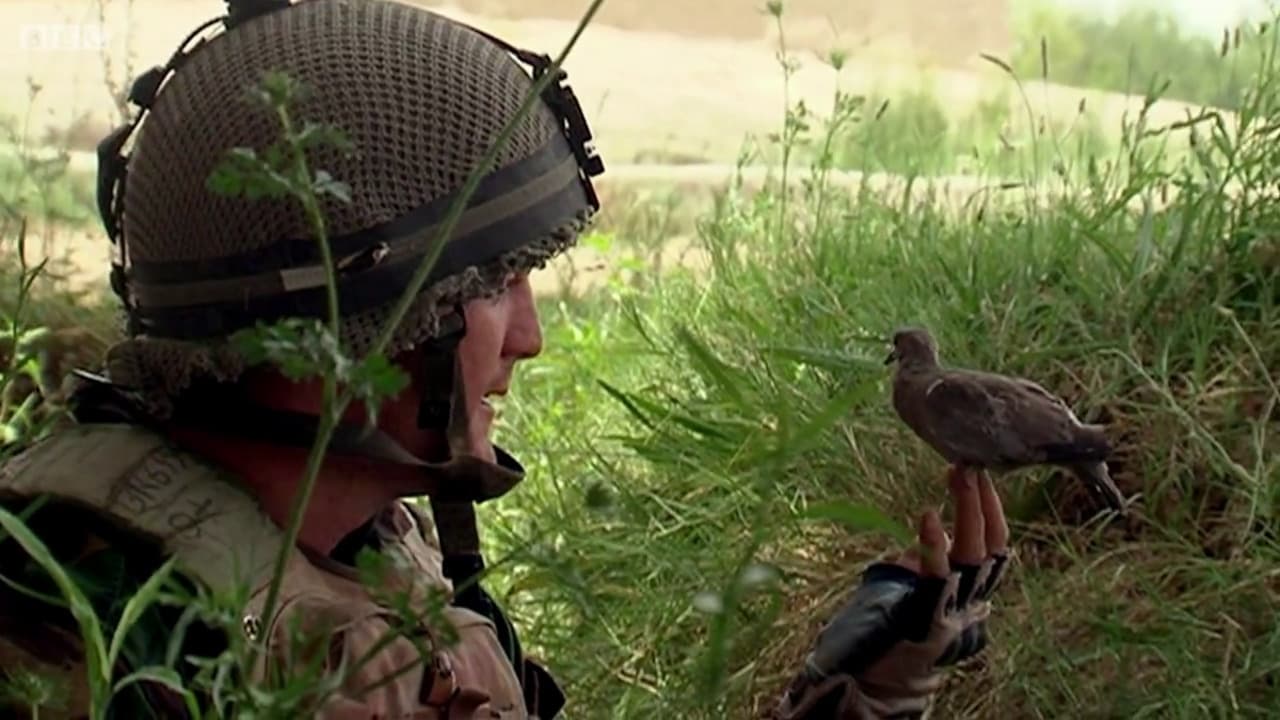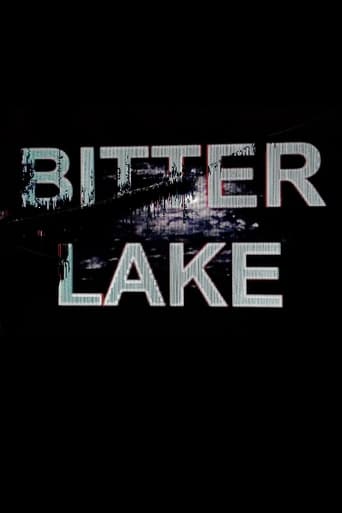

After watching the documentary for about two or three times, it seems to me that Adam Curtis was in a mere stream of consciousness simulating what is going in our heads in real time. He tacitly promised that he will dissect what politicians and bankers have secreted away; however, he made the the truth truths by letting us in a tragedy of perspective where we look at the same object, Afghanistan, but with different eyes. Some will blame him for hyper-complicating the job of the viewer. I can identify this documentary with the canonical novel of Moby Dick where its canonicity comes from going against the grain and where what we have been taught or told is not the truth but a layer or mimesis. In his quest towards the East, Adam strives to highlight the idea that politicians are involved in this fiasco by letting it to bankers, bankers who would not let it go without any financial benefit taken from the commoners, commoners who believe in fairy stories more than in science. That is the world of Adam Curtis
... View MorePeople are immobilised mentally by gratefully clinging to the more glorious story of our attempts to rid the world of evil, to the extent that, as a result, they are no longer able to construct a sensible equation between what is being achieved and the suffering of others. We have become like the Germans were, over which we scoffed and carped and declared our moral superiority for decades, offering, as they did, nothing but adulation for the glorious troops and dismissing the treacherous thought that evil was being done. This is an important historical document confronts us under the pure rules of reason with an intervention by the British Crown in Helmand which was both a terrible and an act of profound evil because despite being told in no uncertain terms that they were about to attack a host of innocent people trying to resist the corrupt local government, we dropped bombs on them thereby turning appalling injustice into a catastrophe for the innocent by an act of supreme evil. The great point illustrated here, which no-one is really picking up, is that the mainstream news never told the country about this possibility, only of our honour and bravery and sacrifice in pursuing the Taliban, which turns out to be dishonest and unbalanced reporting, acting for the state, not the honour of the Press and Media. We can from these brave revelations that if something is not done then Big Brother and The Ministry of Truth will have got its way and vanquished our national sense of fair play and humanity. It is deeply worrying to our democracy and the plurality required of the Mass media that the BBC has prevented this programme from general release and that it will soon be lost to us because DVD's are not possible as things stand and it will be removed from its only source, iPlayer, worryingly for free speech the film has already been stopped on YouTube, what does that say? Adam Curtis has tried everything here to get through our complacency and to awaken us to what is really happening, and it is time that we told our leaders that they must stop and that an independent Judicial Enquiry over which the Government and Crown have no control be undertaken to root out those who commit these awful crimes in our names whilst skulking behind doors of secrecy. It shows that our democracy is a fraud as no-one would have wanted any of this in their name.
... View MoreBitter Lake is described as "a new, adventurous and epic film that explains why the big stories that politicians tell us have become so simplified that we can't really see the world any longer".Unfortunately this is somewhat at odds with around 20mins (if that) of explanatory content in a film with a 136min runtime and the majority of that explanatory content consists of flat statements made by Curtis. I'd hoped for 136mins of well researched dense substantiated content what I got was a childishly simple narrative spaced out with some 100+mins of beautiful footage (much of it irrelevant or unexplained). Spend 5mins on Wikipedia and you'd learn more than you would from this film...To describe this as a deep and multi-layered documentary on its subject would be as naive as taking a politician's sound-bite at face value.3 stars for the footage and soundtrack. None for the research and exposition.
... View MoreBitter Lake is for the most part a history of interventions in Afghanistan by the US, the UK and also Russia since halfway the 20th century.The film follows the extremist Islamic idea of Wahhabism. It was transported east through the Arabic world, influencing the formation of the Taliban, Al Quaida and ISIS. All because the US accepted the idea in the partners they dealt with while looking for oil.It's an interesting documentary, told mostly chronologically. This allows Curtis to compare events through time, for example the Russian invasion to the more recent western occupation.A lot of the footage that is shown is filmed in Afghanistan and this stresses the constant violence the land has to witness. Because of the many groups involved in each area, enemy is a diffuse term there.The film is advertised as epic on the BBC Iplayer but could have been shorter. In the first half there were shots in between the narrative that could have been left out. But all in all Bitter Lake offers a perspective that is great at telling us something about the modern world and a lot about Afganistan.
... View More